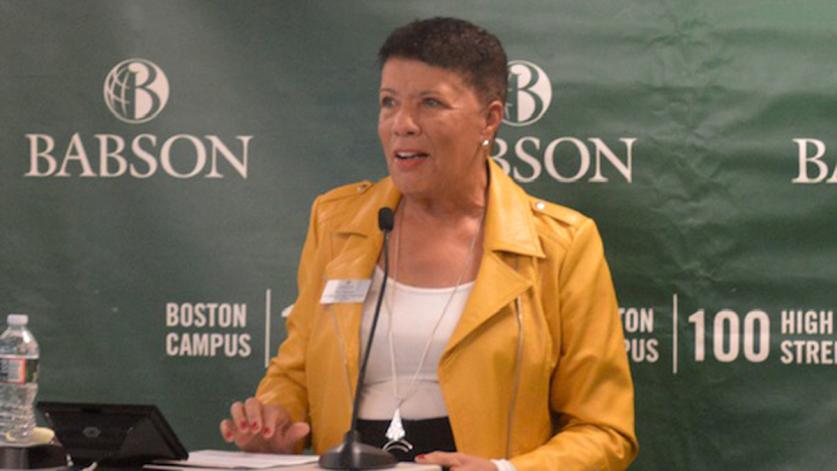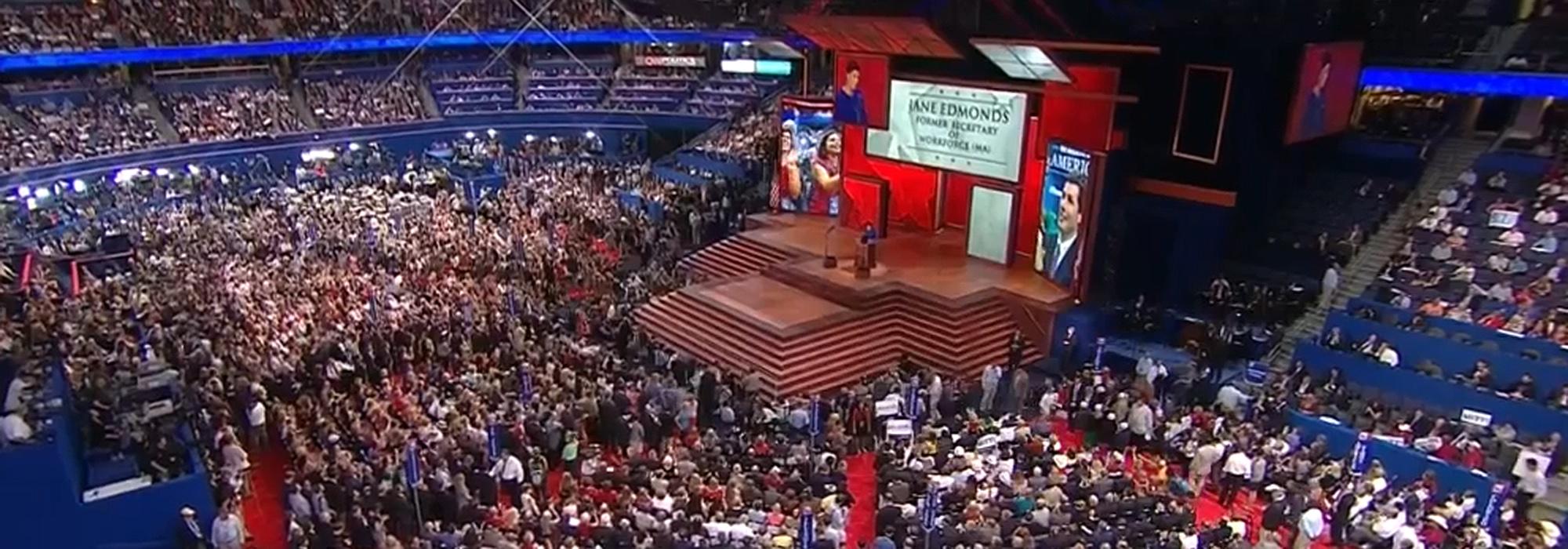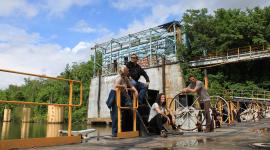Meet Jane Edmonds, Keynote Speaker at Oberlander Prize Forum II: Landscape Activism
Lifetime Civil Rights icon and activist Jane C. Edmonds cites Boston educator, community organizer, and activist Mel King as one who set the paradigm for place-based activism, perhaps most notably in his iconic 1968 Tent City, erected in Boston’s Copley Square to pressure the City to provide housing, access, and opportunity otherwise denied to its Black and Brown citizens. His vision of utilizing space to draw attention to and correct spatial inequities and harms remains a beacon for landscape activists in our current moment.

Building on this and other cases, on October 28, 2022, at Oberlander Prize Forum II: Landscape Activism, Edmonds Jane will mentally, emotionally, and spiritually ground and convene the group in the deep structure of authentic allyship for the work at hand: imagining, designing, and building landscape as activist practice. Her mantra “Power of the We” will reverberate as she shares histories, ideas, and stories that conjure the joyous possibility and power of collective action for collective good, even in the face of the worst kinds of harm.
Tracing a lineage of landscape activism through the key figures of Frederick Law Olmsted, Sr., Cornelia Hahn Oberlander, and the inaugural Oberlander Prize laureate, Julie Bargmann, Edmonds will argue that a defining shared characteristic is their extraordinary attention to the impacts of contexts upon design, and their insistence that landscape architecture can—must!—contribute to mitigating them. For Olmsted, “the times” included slavery, westward expansion, urban development. Remarkably, he significantly contributed to abolishing the former while making the latter more equitable, accessible, and humane. Oberlander’s legacy reminds us that “the longing for nature is built into our genes,” surely the rationale for ensuring access to green spaces for all people (BIPOC are currently three times more likely to live in a “nature-deprived space” and 70% of low-income communities lack access to green space). Oberlander spent her career not only designing memorable places and landmarks, but also insisting that landscape architecture take up the challenge of scientifically informed approaches to climate change in method and form. And Julie Bargmann’s vision of first seeing and seeing the value in spaces marked wasted, toxic, contaminated, and unusable mirrors the current imperative to overcome wasted old hierarchies to recognize, value, and address in our design thinking and practice every human, every group, especially those who have been marginalized within our longtime status quo.
Edmonds will describe the evolution in landscape activism from those earlier, targeted justice claims to our current—far more expansive—mandate: to mobilize landscape architecture for the purpose of activating a sense of equity and belonging, connected to place and place-making, for all people. This mandate requires both courageous review of landscape architecture’s history as a profession, and critical attention to the violent yet oft-denied intersection of environmental and racial injustice in our physical spaces of habitation. As Edmonds observes: "It means facing with courage and conviction that which we are afraid to face, that which we try to deny, lest the inevitable return of the repressed—already well underway environmentally and socially—annihilate our collective futures. The example of Live Oak, a former plantation purchased by Trahan Architects for the purpose of restoration and transformation into a site of Truth, Witness, Justice, perfectly illustrates an ethical embrace of this mandate. And it syncs with the wisdom of Mel King, who insisted that Love is the most powerful renewable resource of all."
Register for Oberlander Prize Forum II: Landscape Activism here.




